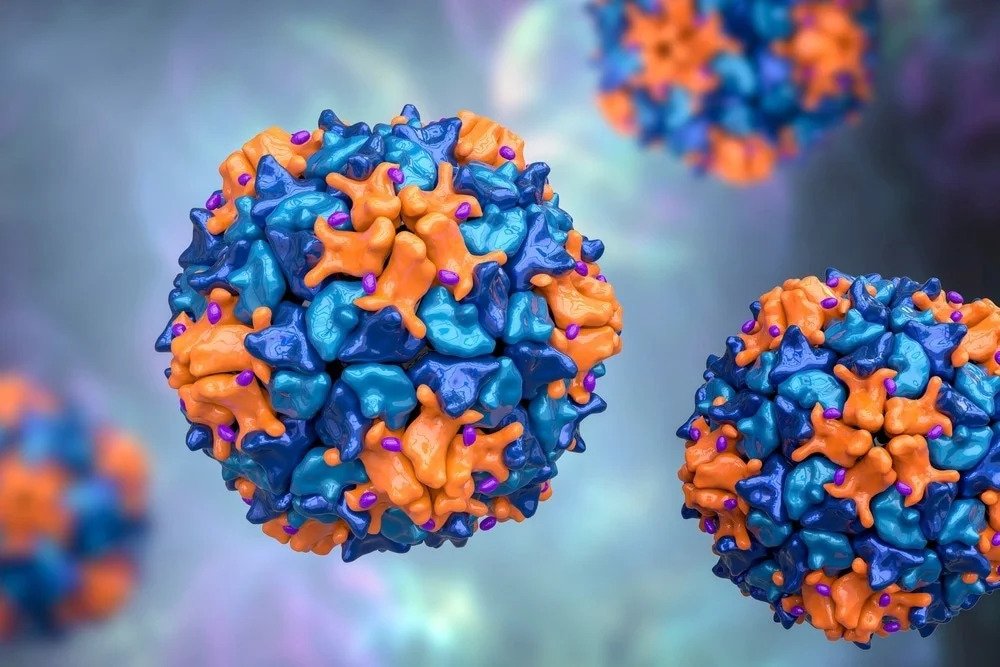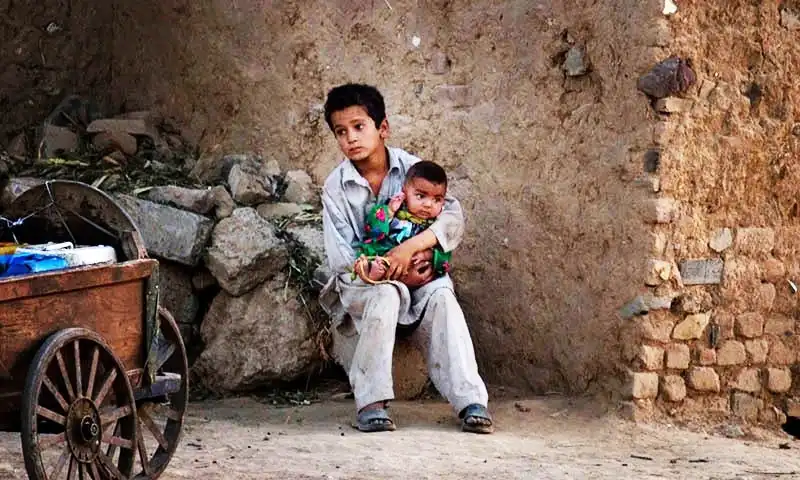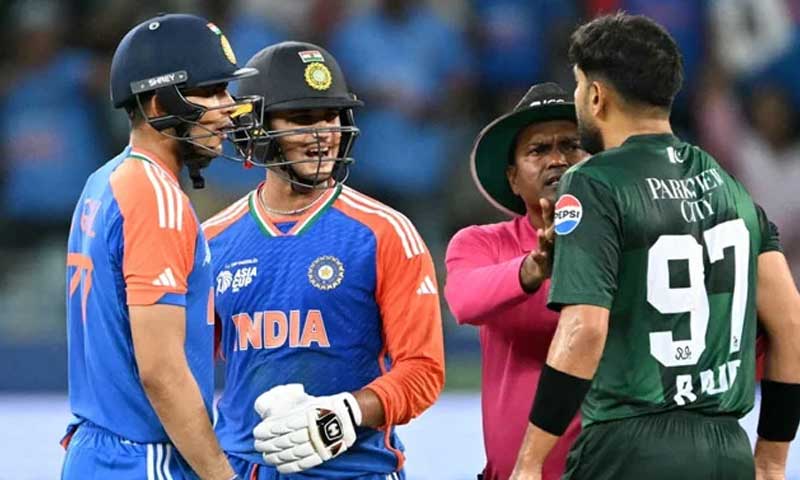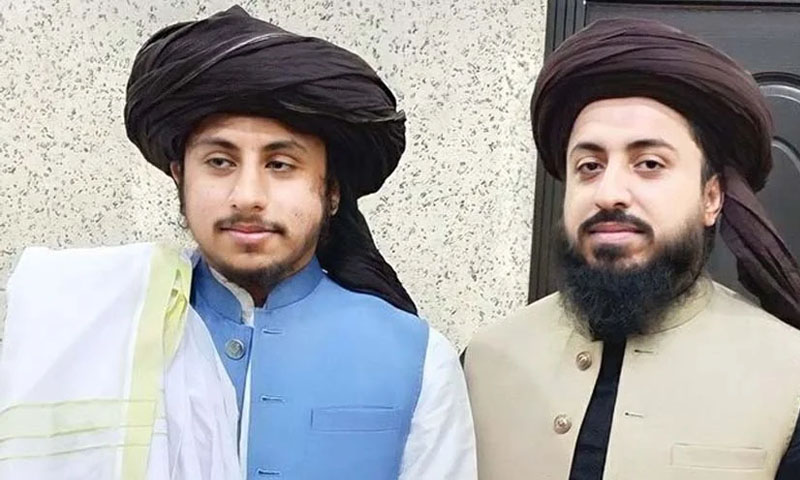- Web Desk
- 3 Hours ago
Poliovirus detected in Peshawar’s environmental samples
-

- Web Desk
- Jul 26, 2023

PESHAWAR: The Pakistan’s National Polio Laboratory has confirmed the presence of Type-1 wild poliovirus in the environment of Peshawar.
This marks the fourth consecutive detection of the poliovirus in an environmental sample collected from the city, and the fifth positive sample from the entire district of Peshawar this year.
The confirmation has raised concerns among health authorities and experts, as it underscores the persistent challenge the country faces in its battle against polio.
Pakistan has been grappling with efforts to eradicate the crippling disease, and the recent spike in cases in Peshawar is an alarming sign of the virus’s continued transmission.
Crippling poliovirus in Pakistan
Pakistan has been one of the last strongholds of polio in the world, alongside Afghanistan and Nigeria.
Despite significant progress in polio eradication efforts globally, the country has faced substantial hurdles in achieving a polio-free status.
Peshawar, the capital of Khyber Pakhtunkhwa province, has been particularly susceptible to polio outbreaks due to various factors, including security challenges, population movement, and vaccine hesitancy in some communities.
The virus thrives in areas with low immunization rates, making it imperative for health authorities to intensify vaccination campaigns and ensure the protection of vulnerable populations.
Read more: First female athlete diagnosed with degenerative brain disease
Health officials and international partners have been working tirelessly to combat the disease and increase vaccine coverage across Pakistan.
However, the detection of multiple positive samples in Peshawar serves as a reminder of the complex nature of polio eradication and the need for sustained efforts to reach every child with lifesaving vaccines.
Efforts to tackle polio in Pakistan involve a multi-pronged approach, including routine immunization drives, targeted vaccination campaigns, community engagement, and rigorous monitoring and surveillance of polio cases.
The aim is to not only prevent new cases but also to detect and respond swiftly to any outbreaks.
With the recent confirmation of the Type-1 wild poliovirus in Peshawar, health authorities and stakeholders were expected to ramp up their efforts to contain the spread of the disease and protect children from the devastating effects of polio.
A collective commitment to polio eradication remains crucial for Pakistan to achieve its goal of a polio-free future.




